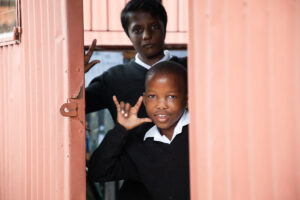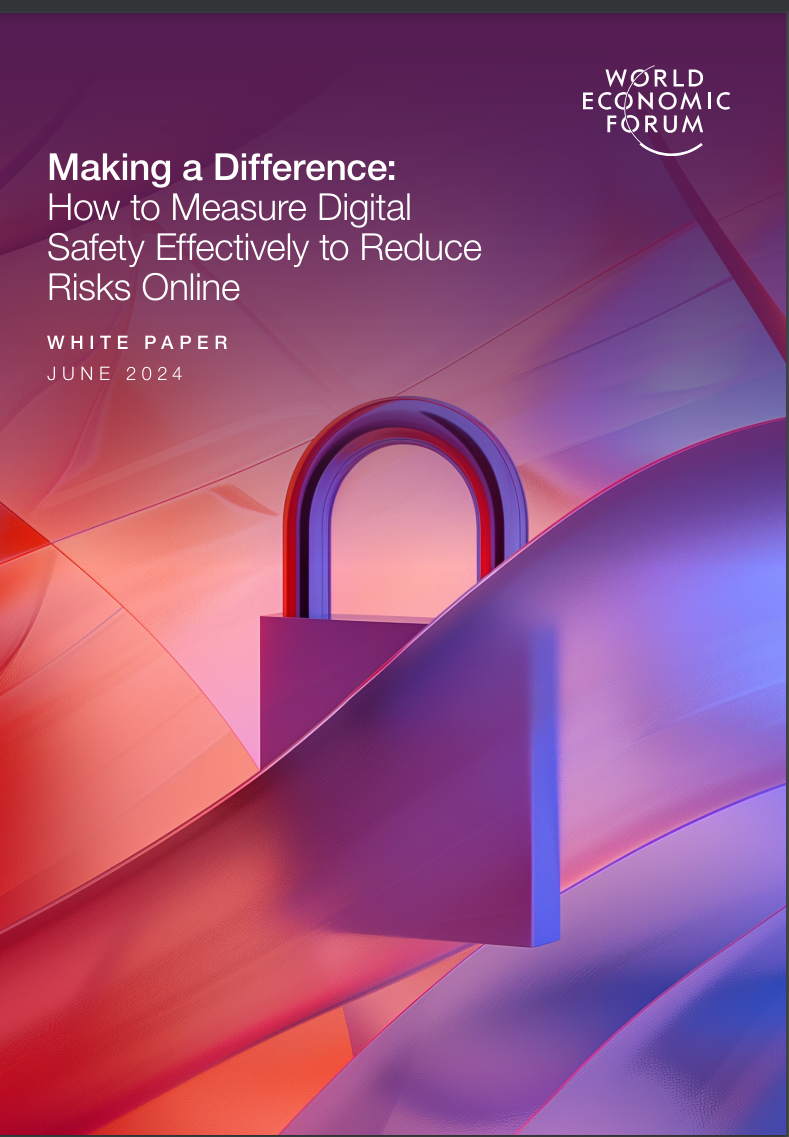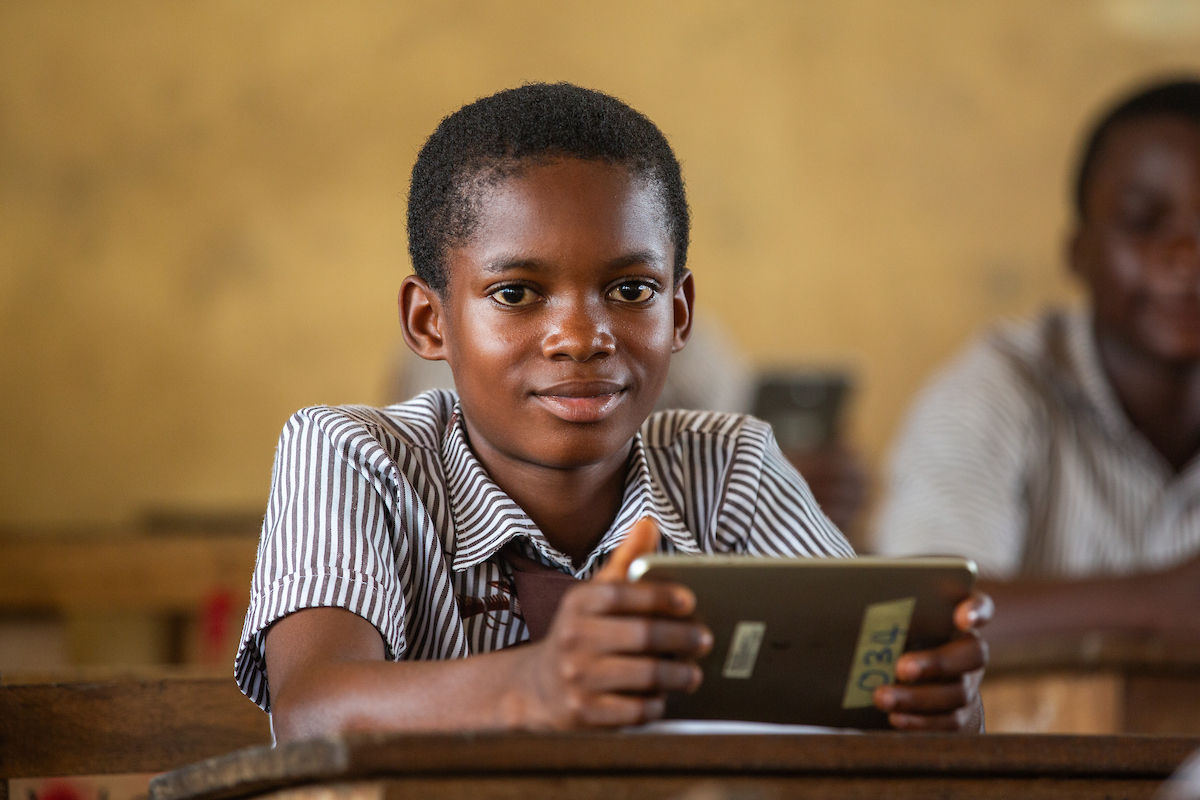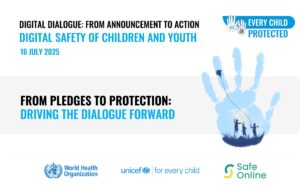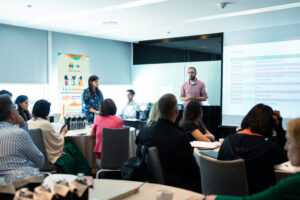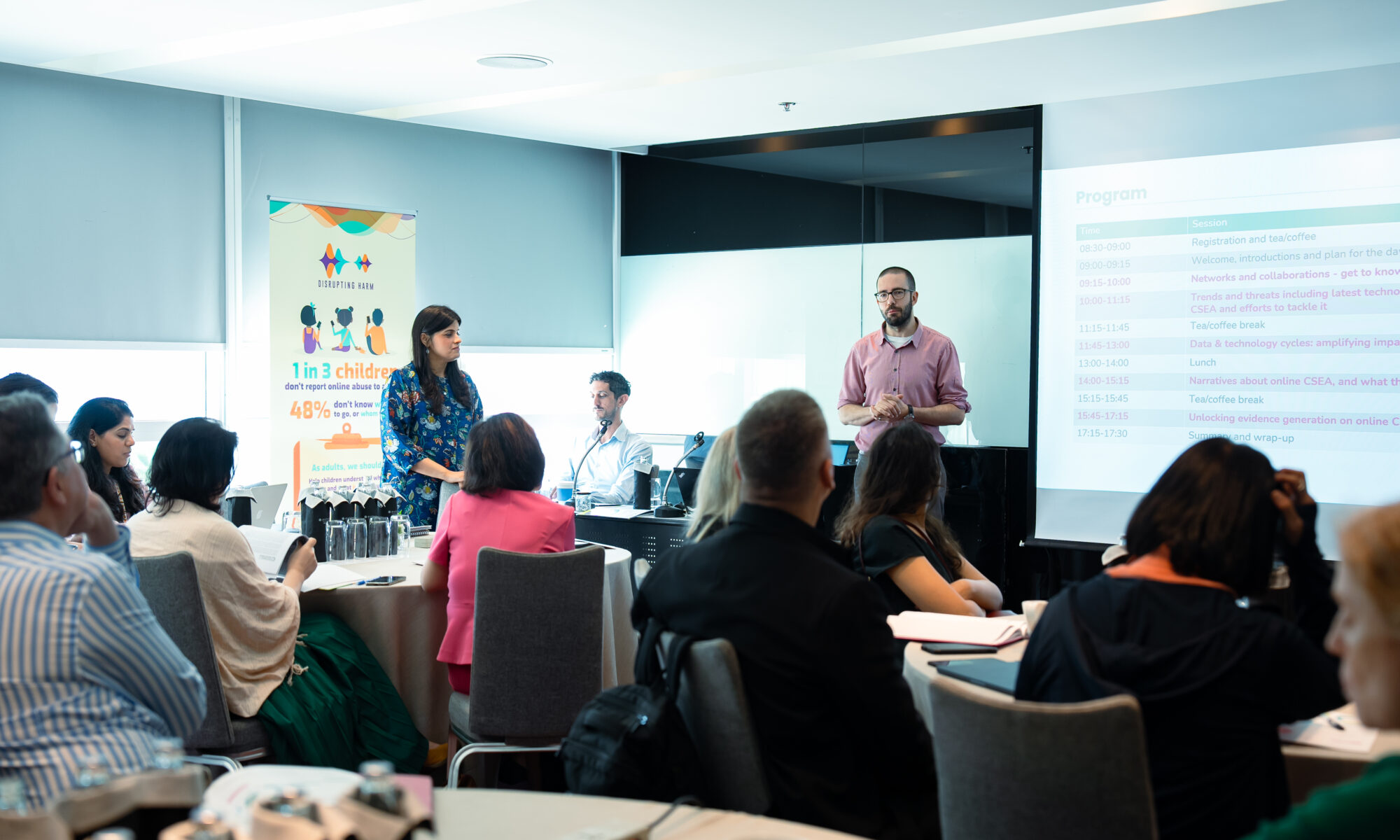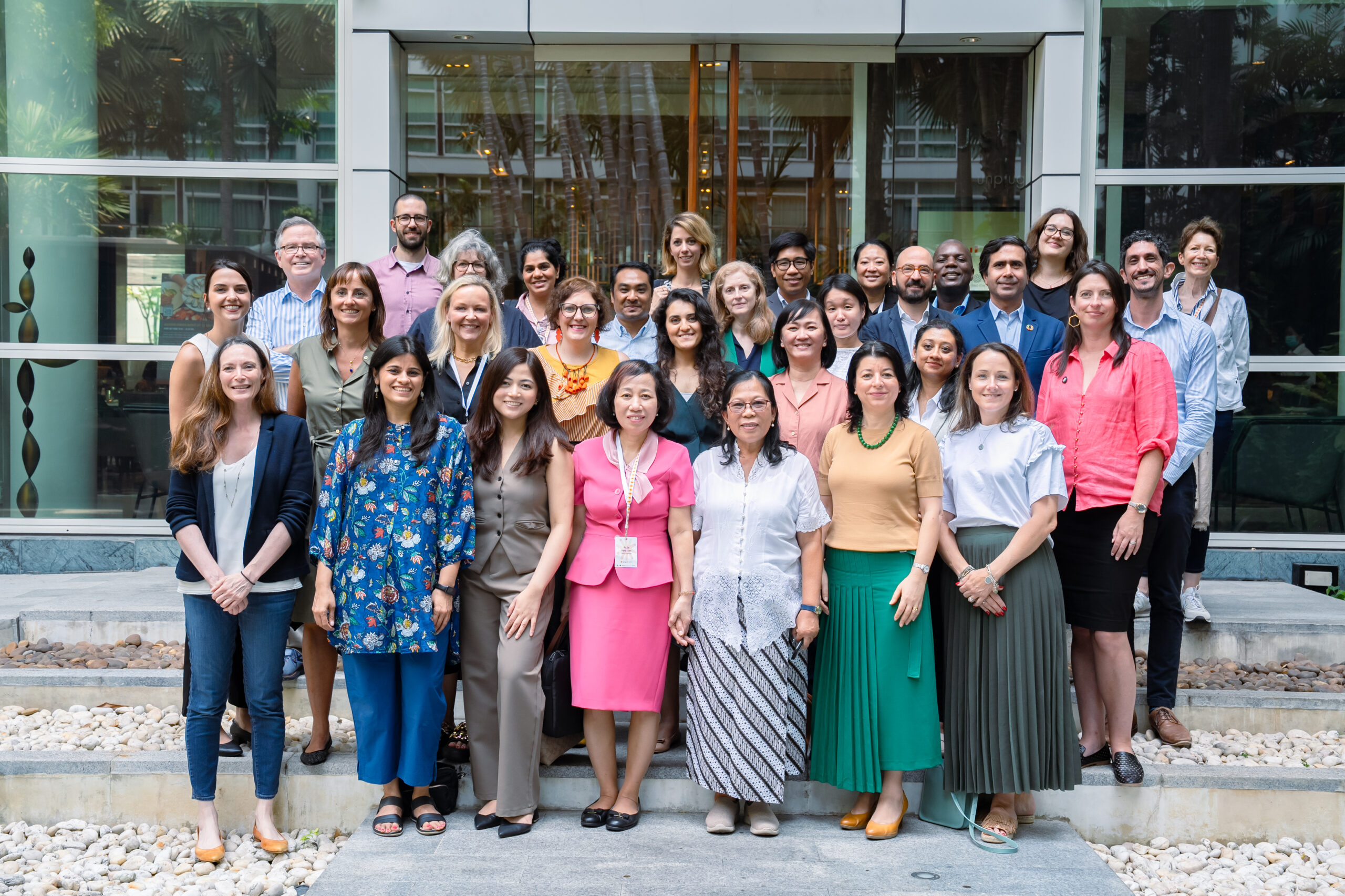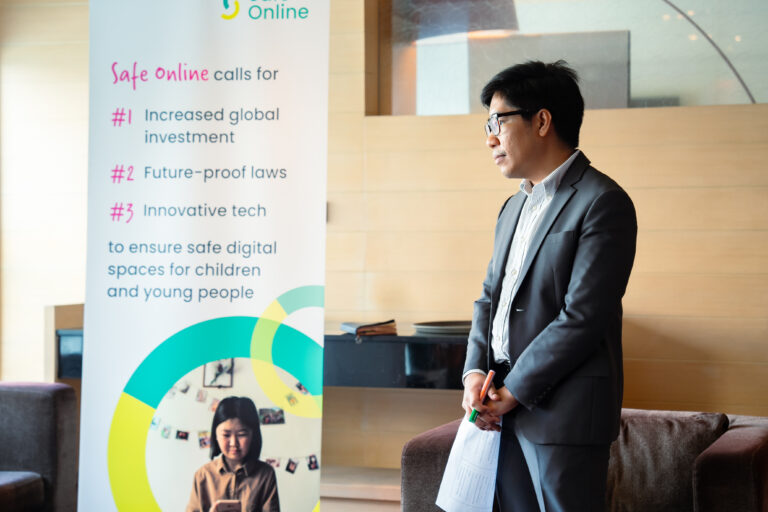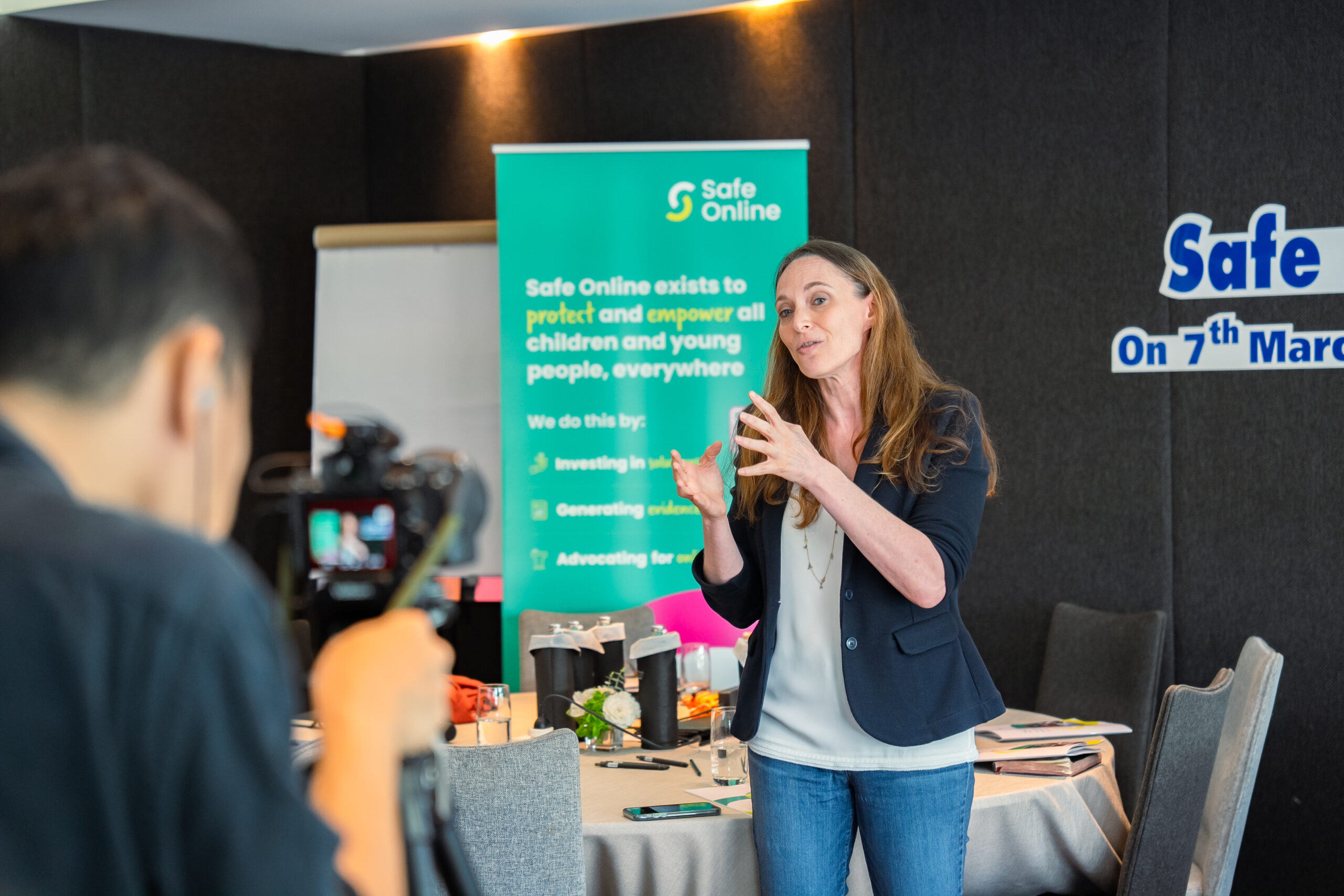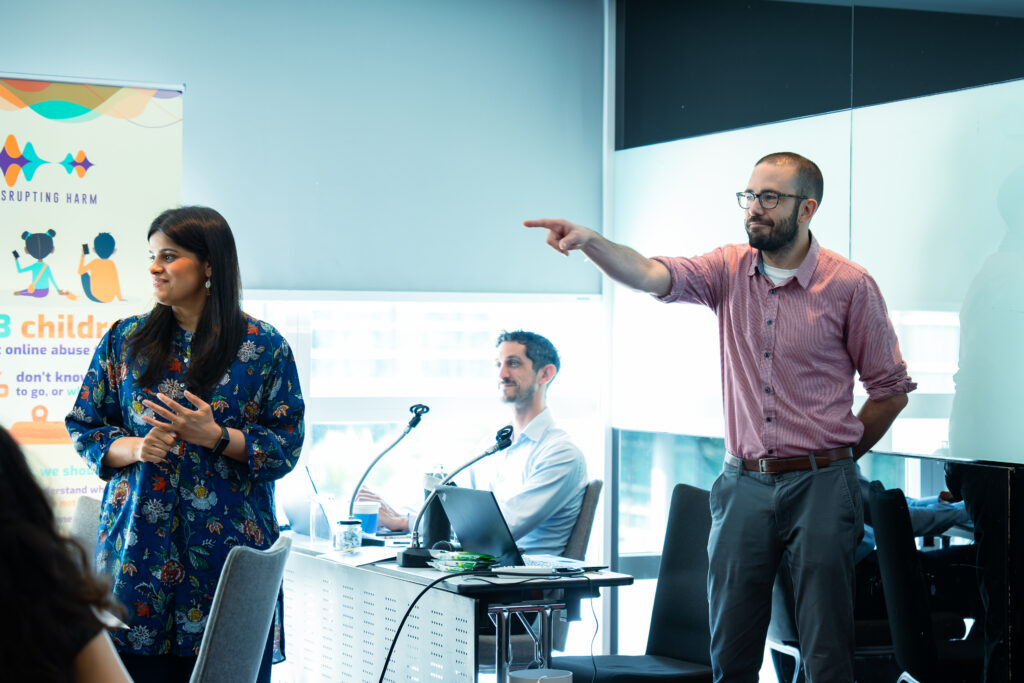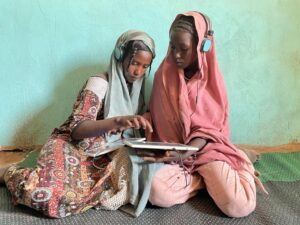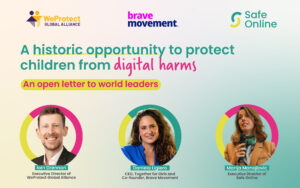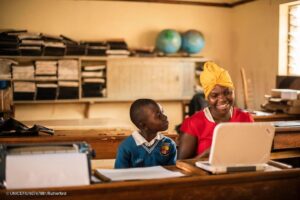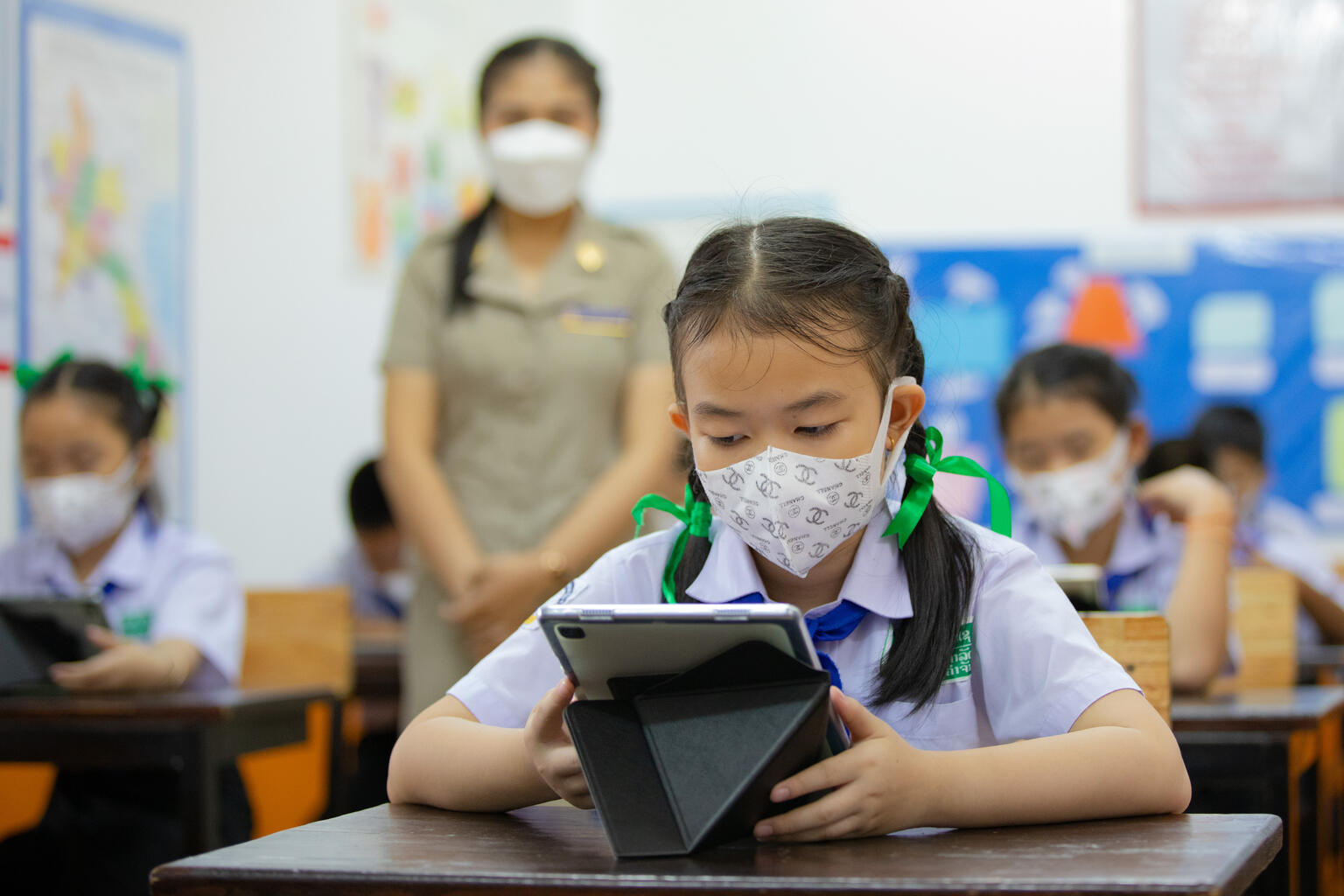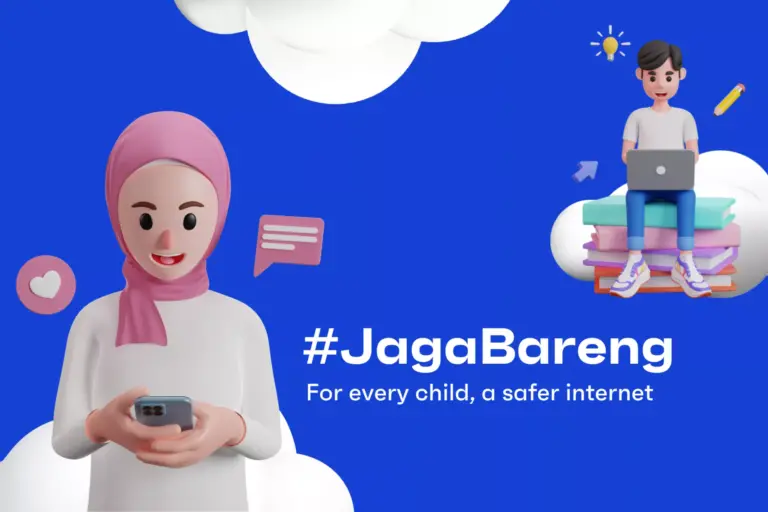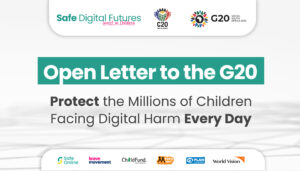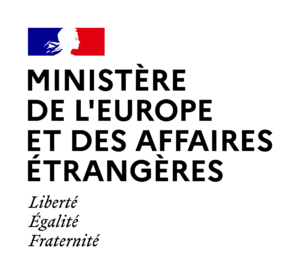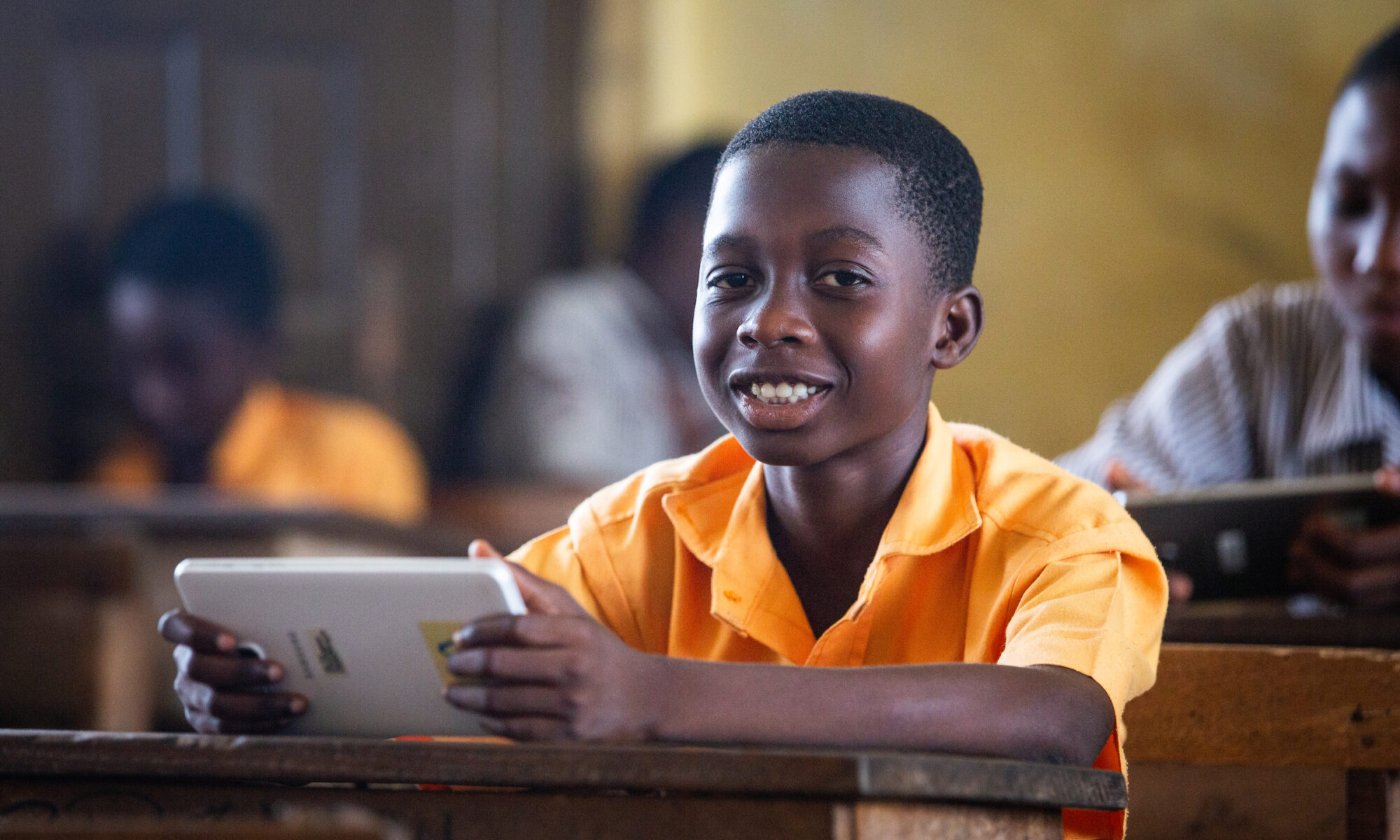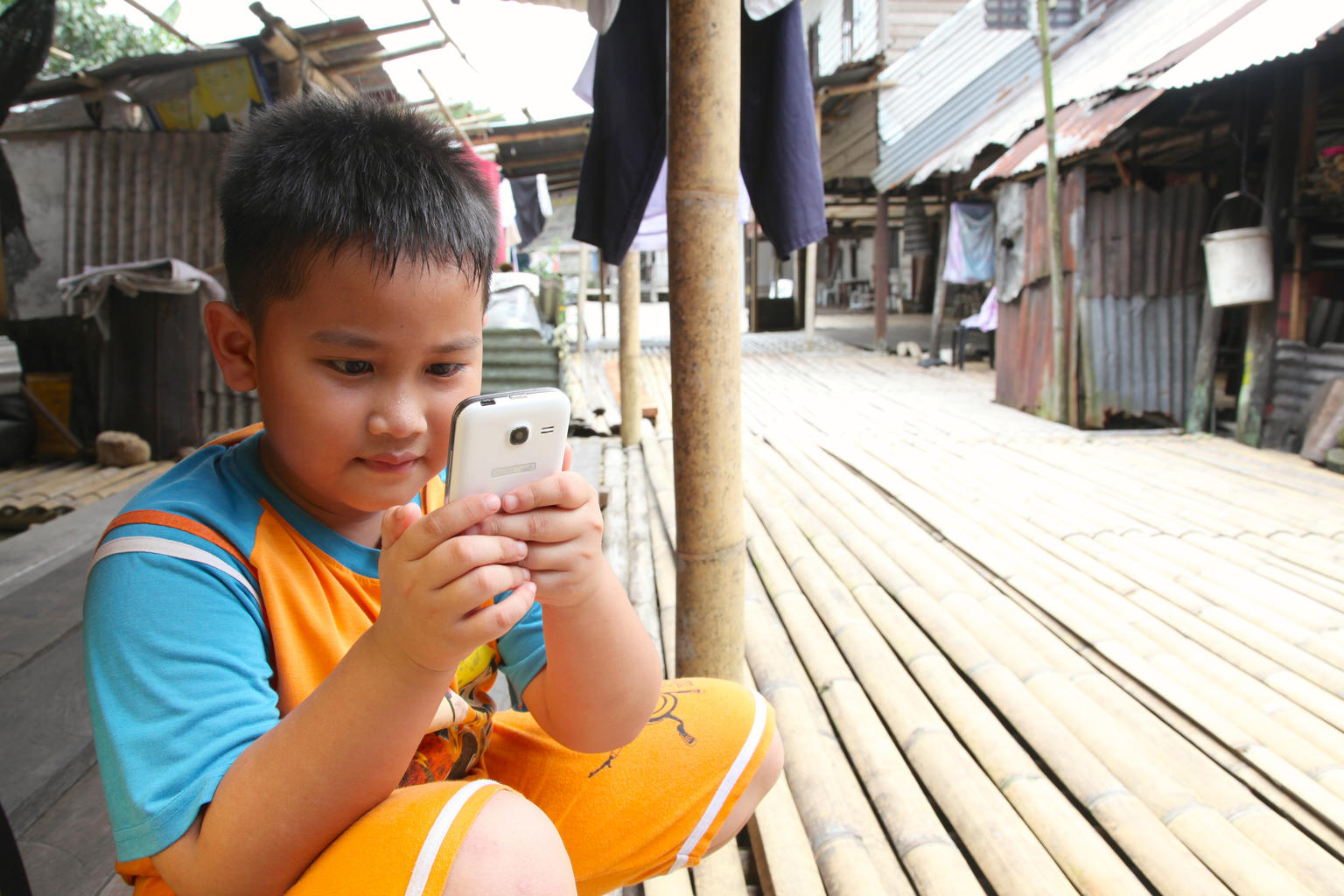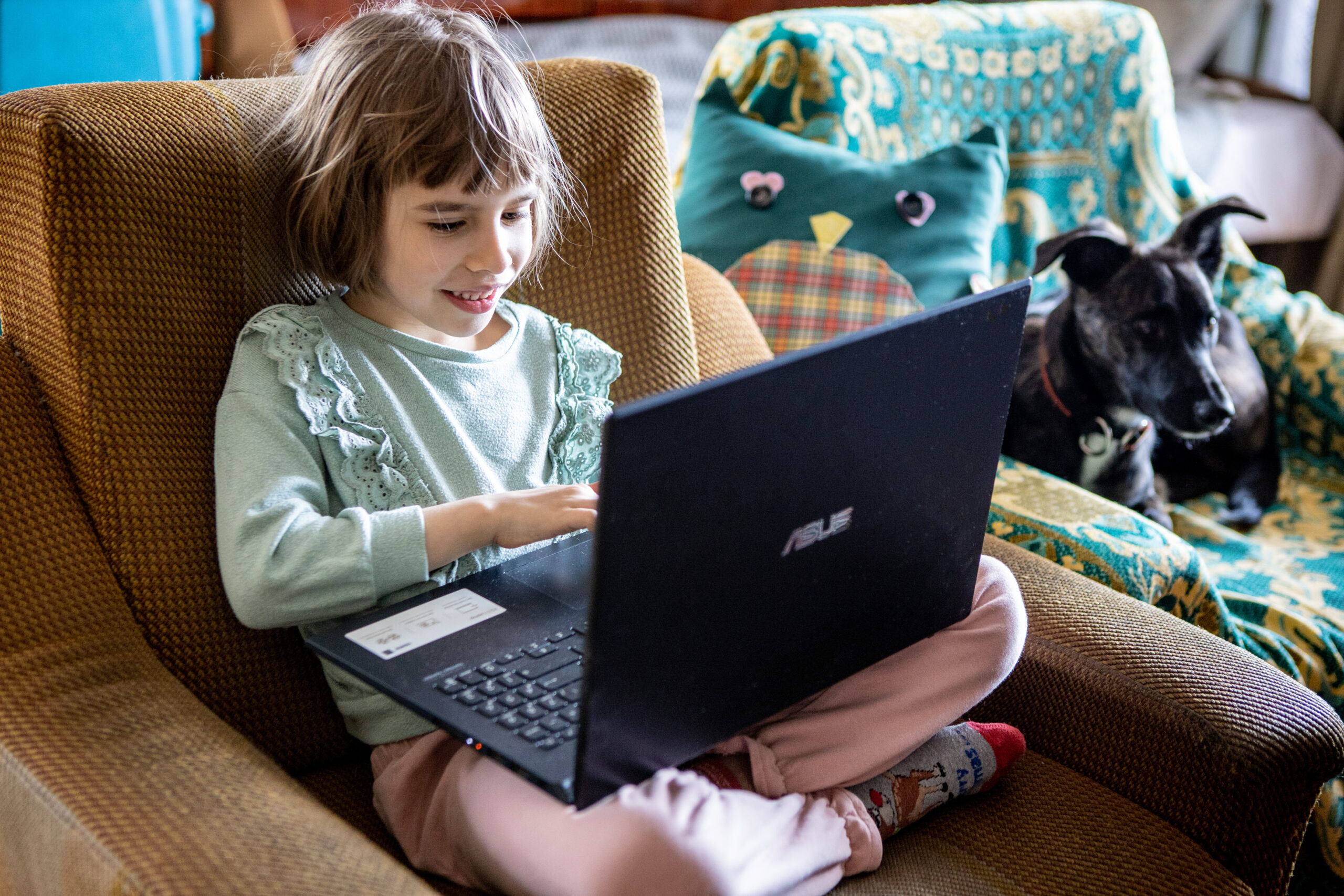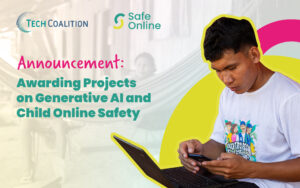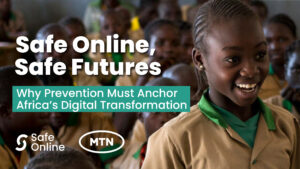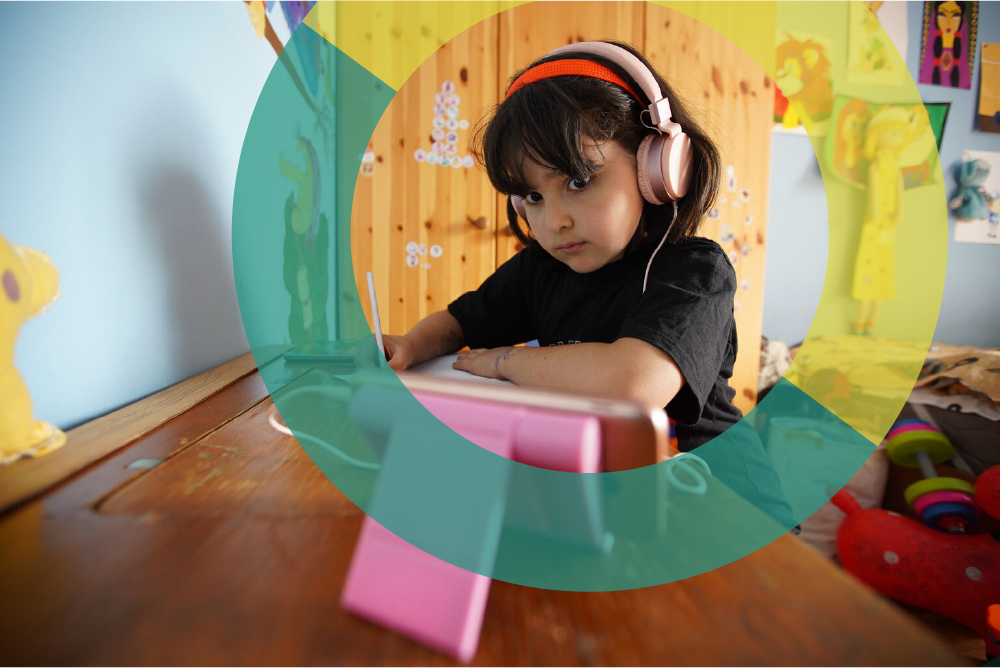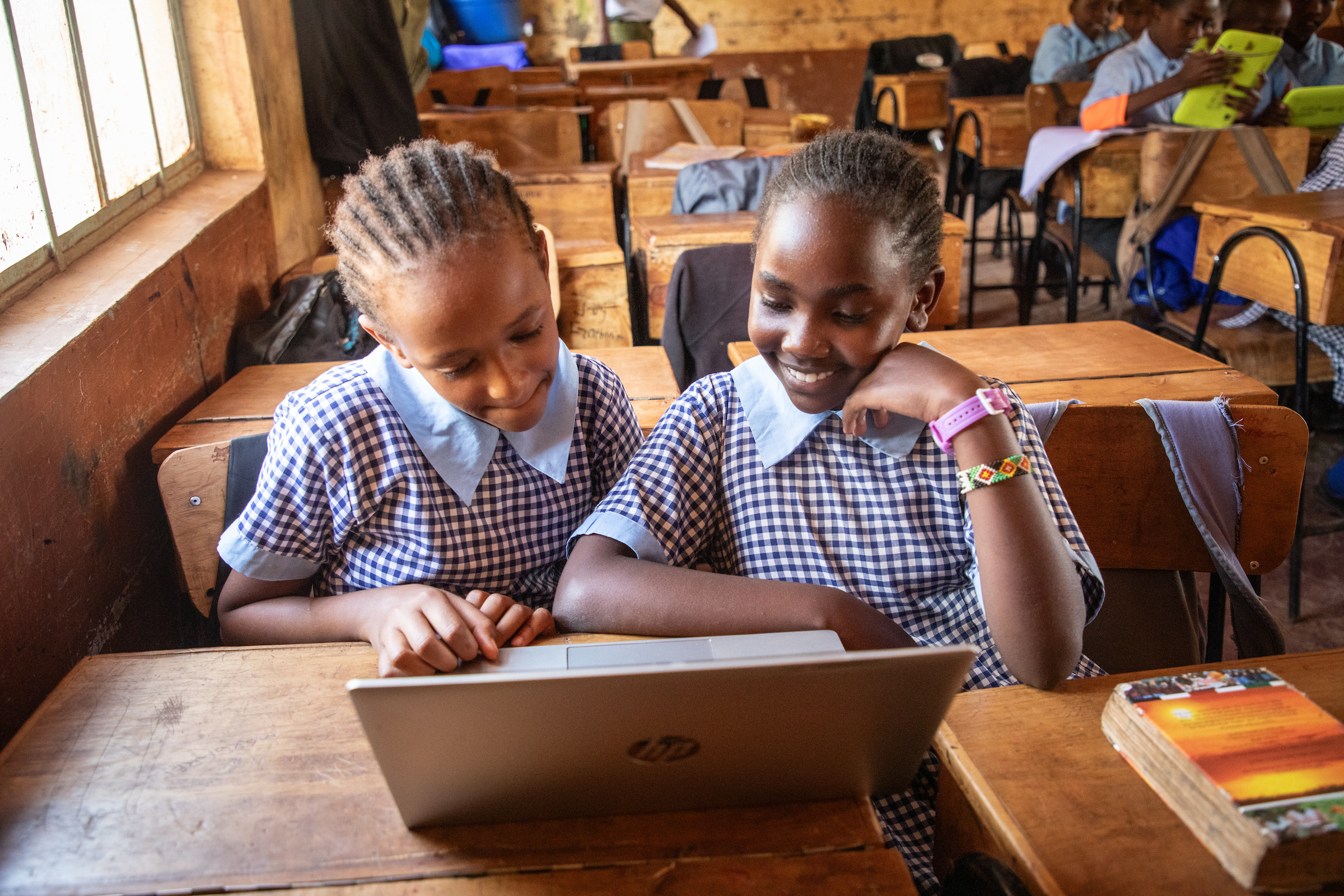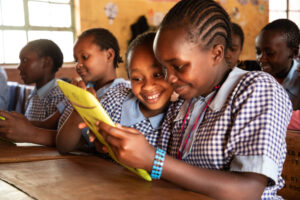Call to Action

A digital world safe for every child!
Sexual violence against children and adolescents is a pressing global issue. The consequences of child sexual exploitation and abuse are profound, leading to serious implications for children’s health, societal participation and economic prospects. The digital world has amplified children’s exposure to sexual exploitation
and abuse, exposing children to unprecedented risks.
As per the latest Childlight data, one case of online child abuse is reported every second. The Internet Watch Foundation noted 2023 as a ‘record year’ for child sexual abuse with an 8 per cent increase in the number of child sexual abuse imagery found online from the previous year. New and emerging technologies like Generative Artificial Intelligence (AI) and Extended Reality (ER) are turbocharging the rate of abuse, generating child sexual abuse material at a scale and speed never seen before.
Safe Online has joined hands with survivors and global child protection organisations to call upon key actors to prevent and end the sexual exploitation and abuse of children online and create a safer digital future for every child.
See more of our recent updates
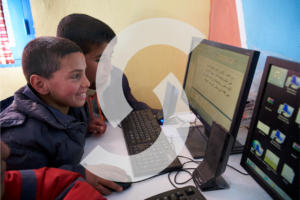
Meet the new Safe Online visual identity!
We are thrilled to share a major milestone in the journey of Safe Online and our mission of shaping a safer digital world for all children and young people everywhere.
UNICEF Ghana
Our grantees UNICEF Ghana Protecting children from online CSEA in Ghana Countries involved:May 2023 – May 2025 UNICEF Ghana is using support from the Fund to develop a National Plan of Action to tackle online child sexual exploitation and abuse. The agency is also working closely with the National Cybersecurity Crime
Thorn
Our grantees Thorn Bringing Light to the Dark Web Countries involved:United States of America The Fund is supporting Thorn’s Bringing Light to the Dark Web project, a global initiative that will use a new tool to help law enforcement identify children who are victims of online child sexual exploitation and abuse. Thorn
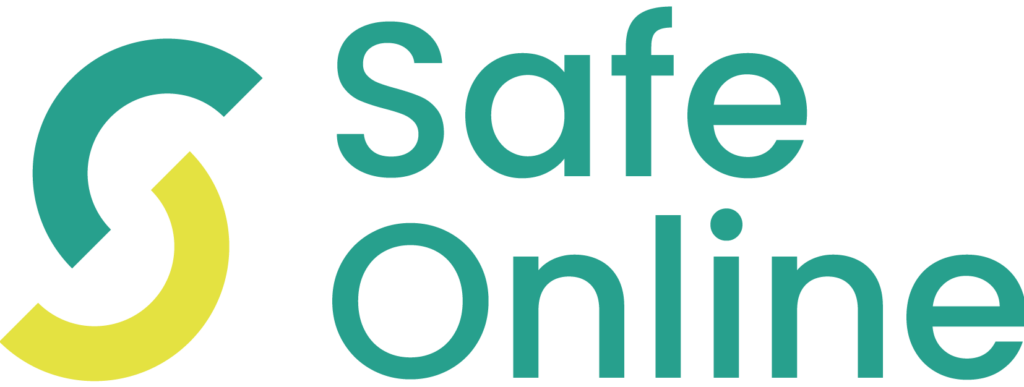


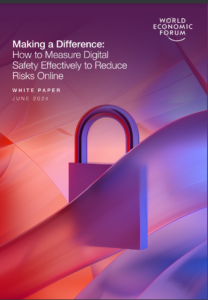
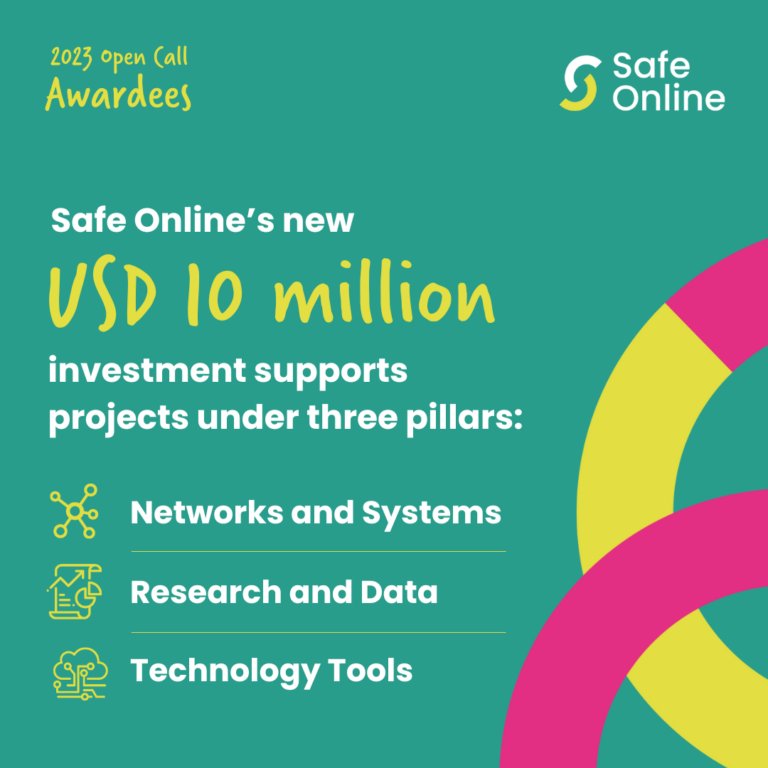
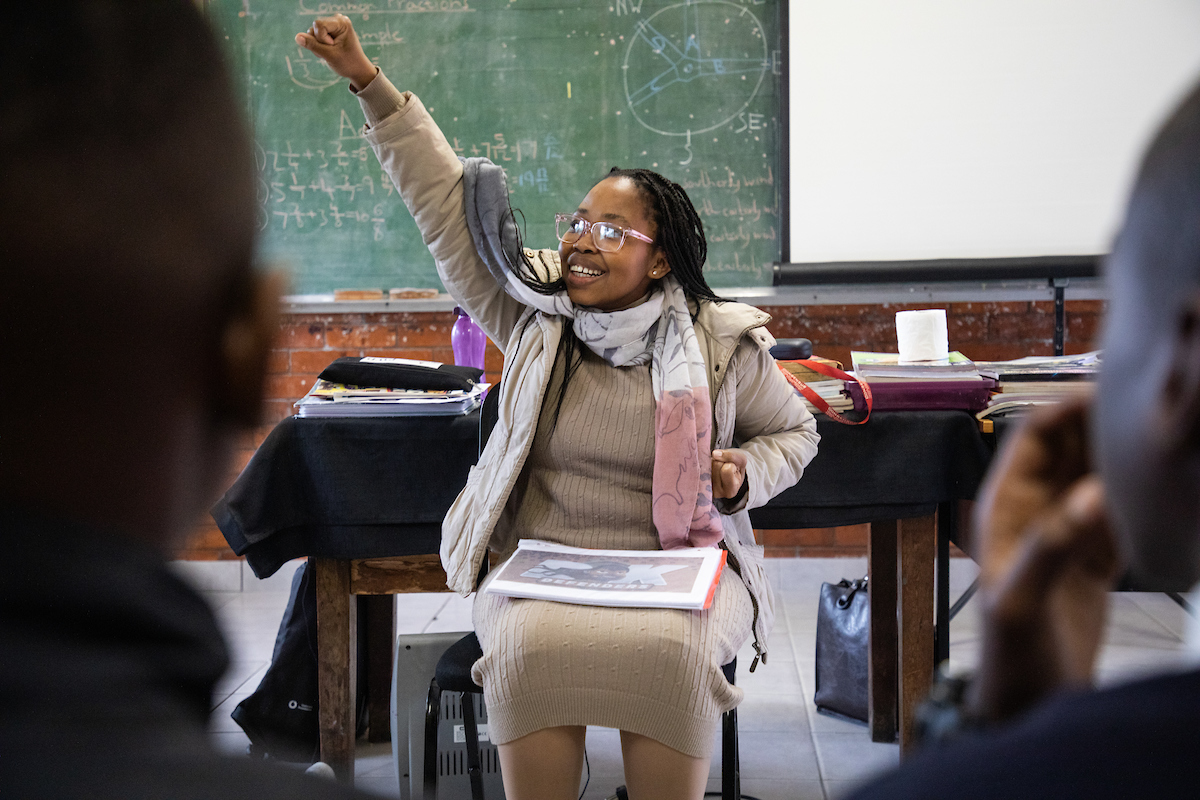






 Research Institute (IPPPRI) formerly known as PIER Anglia Ruskin University
Research Institute (IPPPRI) formerly known as PIER Anglia Ruskin University





 National Center for Missing and Exploited Children
National Center for Missing and Exploited Children



